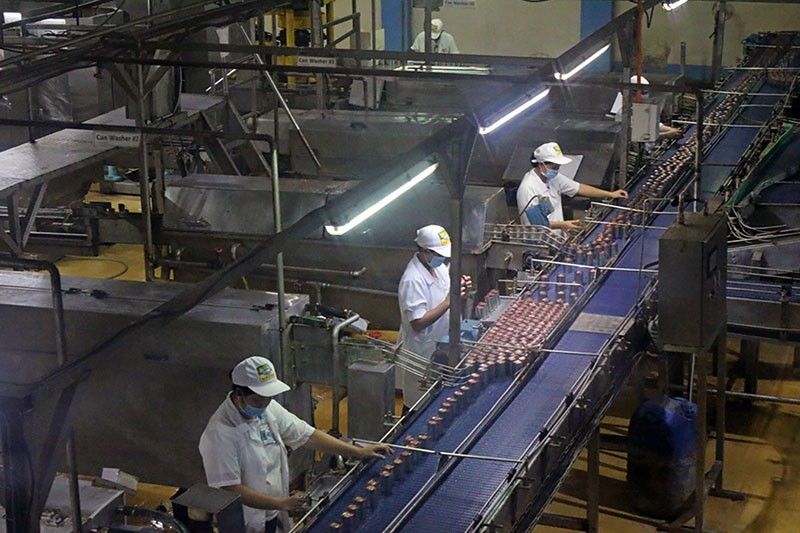
Upgrade to High-Speed Internet for only ₱1499/month!
Enjoy up to 100 Mbps fiber broadband, perfect for browsing, streaming, and gaming.
Visit Suniway.ph to learn
Brix Lelis - The Philippine Star
May 18, 2025 | 12:00am
In a press briefing, Energy Secretary Raphael Lotilla said insurance firms “have shown reluctance” in offering reasonable rates for coal plants, even for those not covered by the existing moratorium.
STAR / File
MANILA, Philippines — Amid the country’s bold shift toward clean energy, insurance companies have sharply raised premium rates for coal-fired power plants, according to the Department of Energy (DOE).
In a press briefing, Energy Secretary Raphael Lotilla said insurance firms “have shown reluctance” in offering reasonable rates for coal plants, even for those not covered by the existing moratorium.
“The premiums for insurance have increased, especially for the coal-fired power plants since (they) are part of the transition story,” Lotilla said, although he did not provide the current rates.
In line with efforts to expand the share of renewables in the energy pie, the DOE implemented in 2020 a moratorium halting the development of greenfield coal facilities.
The existing ban, however, does not cover existing and operational coal plants or those that are already committed.
“We have the challenge of getting not only financing for those that are still to be built, but the insurance premiums that are being charged, especially for these power plants,” Lotilla said.

Currently, around 7,000 megawatts of coal-fired power plants that are 10 years or younger have been struggling to obtain insurance, the energy chief said.
Lotilla said he recently met with representatives from an unnamed insurance company, urging them to provide reasonable rates.
“We want to make sure that by having these discussions with the insurance companies, we’ll be able to help convince them that the risks they associate with the Philippines are actually much less than what they are inputting now as part of their premiums,” he said.
Coal plants are sources of baseload power due to their capacity to operate continuously and provide an uninterrupted supply of electricity.
Latest DOE data showed that coal accounted for about 63 percent of the country’s power generation mix, with renewables only having a 22-percent share.
Under the Philippine Energy Plan, the Marcos administration wants to expand the share of renewables in the energy mix to 35 percent by 2030 and 50 percent by 2040.

 8 hours ago
2
8 hours ago
2



